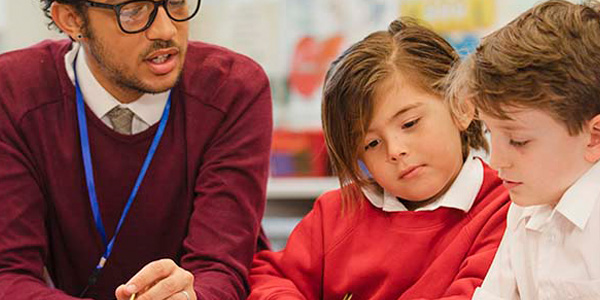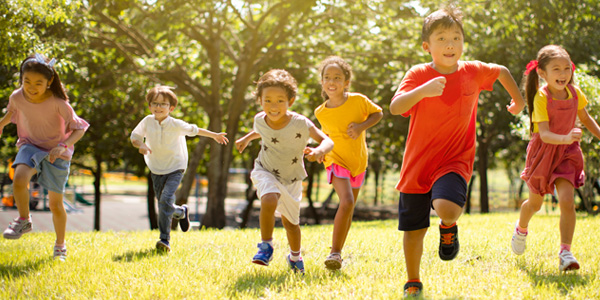The Institute of Education is one of the largest teacher education departments in Scotland and the UK. Our innovative research encompasses all facets of learning throughout a person's life—from early childhood to schooling, higher education, and the professional environment. We are committed to exceptional quality and strong collaboration with stakeholders within and outside education.
Our research is centred around four key themes: Children, Childhood, and Development; Curriculum and Pedagogy; Health and Wellbeing; Social Justice, Culture, and Policy. Within each theme, we have sub-themes focusing on specific aspects of education including research centres.
Aligned with the Strathclyde ethos, we strive to be a place of useful learning through research, scholarship, and teaching. Our research is bold, ambitious, people-oriented, and international in outlook. Our work’s interdisciplinary nature and engagement with key stakeholders, including policymakers and practitioners, ensure that our research is impactful at both national and international levels.
Our Institute benefits from a diverse community of researchers, including doctoral students and visiting scholars. This diversity fosters an inclusive, collaborative, and innovative research culture. The synergy among our researchers enhances the quality and scope of our work, making significant contributions to new knowledge and influencing educational policy and practice.
Professor Markus Klein, Director of Research




